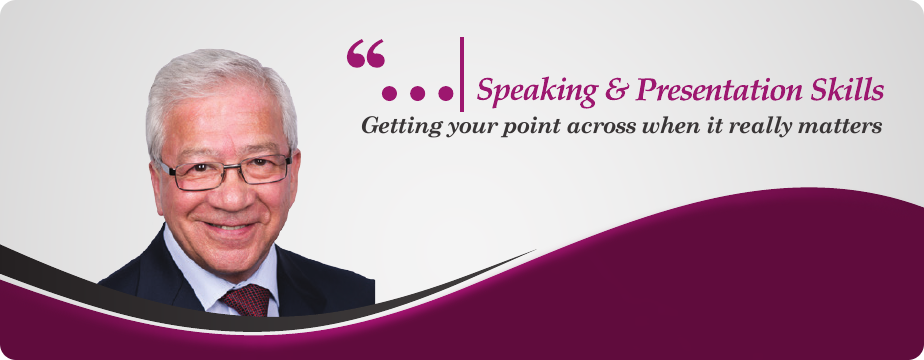Consider the way you sound
Listening to Classic FM as I work, I have become increasingly conscious of the effect of a change of sound. The music itself creates a mood that could be jolly, contemplative or simply relaxed. But there are interruptions. Three in particular.
The first occurs when the tuning on the radio dial slips. This creates a rising tension, despite the smooth, gentle music that may be playing, and I have to rise and give the dial a little twist. Of course this only applies to radios that do not have automatic selection.
When this happens, it forces me to switch my attention from my writing and to the radio. It also makes me consider the lesson it offers: in relationships, if the tuning is slightly off, if we are not on the same wavelength, there is tension even if all the other ingredients are fine.
The second interruption comes from the ad breaks. I have never understood why music stations do not exercise some editorial control over the sounds of the ads they broadcast. In the midst of a programme of refined music, there could be a raucous sales pitch that lowers the tone. Even as I was writing this, a typical example was broadcast!
A similar experience occurs in, for example, networking meetings. You could be enjoying a conversation with an interesting new acquaintance, when someone wanders up and cuts in, disturbing the rhythm of the moment. Are we guilty of such insensitivity ourselves, I wonder?
The third interruption occurs when the programme announcer or DJ (is that what they are called on Classic FM?) speaks at the end of a piece, and introduces the next one, or when there is a break for news. Here too, I notice the quality of the speaker’s voice.
Sometimes this station’s ‘classical’ music is served up by someone who sounds like a pub barman reading out the day’s specials from the blackboard. It jars. And it gets in the way of the information being imparted.
Isn’t that also the case when we hear a speech or business presentation? We may want to hear the information being presented, but the speaker’s voice may get in the way. The voice is the vehicle for our spoken business messages, whether it is from the platform, across a desk or over the phone.
What I do is to make people aware of the importance of the voice, and show them how to sound better. It certainly makes the message so much more attractive.
So if you want to improve the response to a speech or presentation, as well as the message, you may want to consider the way you sound.


